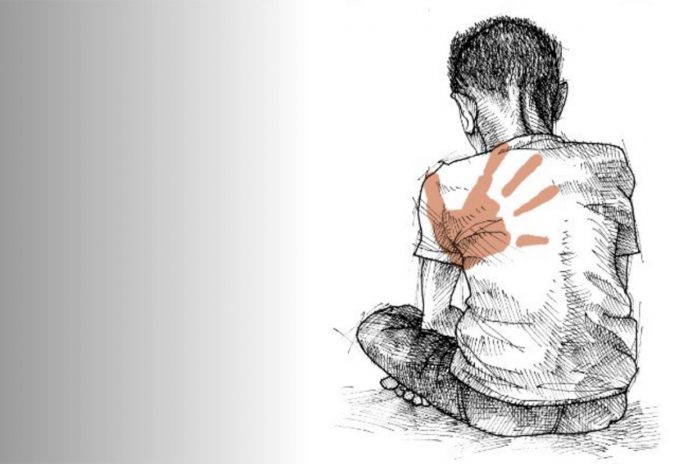A non-government center urged male psychologists, social workers, and counselors to equip themselves to provide appropriate response to male survivors of sexual abuse.
The Center for the Prevention and Treatment of Child Sexual Abuse (CPTCSA) said there is dearth, even the absence, of male mental health professionals who can provide “male-responsive services” to boys and men who experience sexual abuse.
“Survivors are slowly coming out to tell their stories and to seek help and support,” said Zenaida Rosales, executive director of CPTCSA.
A 2020 CPTCSA study noted that among more than 100 agencies nationwide that work with boys, “there is a glaring lack of holistic sex and sexuality training among the staff.”
The study called for a better understanding of gendered services focusing on boys and men, increase the number of male social and community workers with competent professional skills in counseling, trauma assessment, psychiatric consultations and psychopharmacological interventions.
“The situations of sexually abused boys are often not included among public health issues, but when they are offenders, that become the center of attention,” said Rosales.
“We have an active advocacy for boys but there are no male-focused services,” she said. “We want more people to do concrete action and put the advocacy into concrete programs.”
Rosales said care and protection for boys and young men starts with improved conversations between fathers and sons.
The CPTCSA will launch next month the “Father-son communication about sexual health and well-being” toolkit, which is a training module for carers and a practical guide for fathers that includes sex and sexuality topics such as anatomy, gender identity and roles, communication in relationships, expressing love and affection, body image, sexual orientation, sexual activity and circumcision.
With the module, the CPTCSA wants to build supportive conversations between fathers and sons and understanding their need for a better relationship.
“We believe that when fathers and sons have open dialogues about concerns that matter to them, we can undo a lot of cultural and social norms about masculinity that are harmful to boys and men,” said Rosales.
In the 2016 “National Baseline Study on Violence against Children” by the Council for the Welfare of Children and UNICEF, abuse and violence in the school, community and at home happened more with boys at 81.5% than girls, 78.4%, with the rate of psychological violence against boys at 65.2%.
Boys are sexually abused at the same rate as girls, but more girls report abuse and receive help, said the study, noting that, “We need to better understand why boys don’t report or seek help. A common statement by boys and young men is that if or when they do report sexual abuse, boys do not get the same level of attention or services that girls who report abuse get.”









